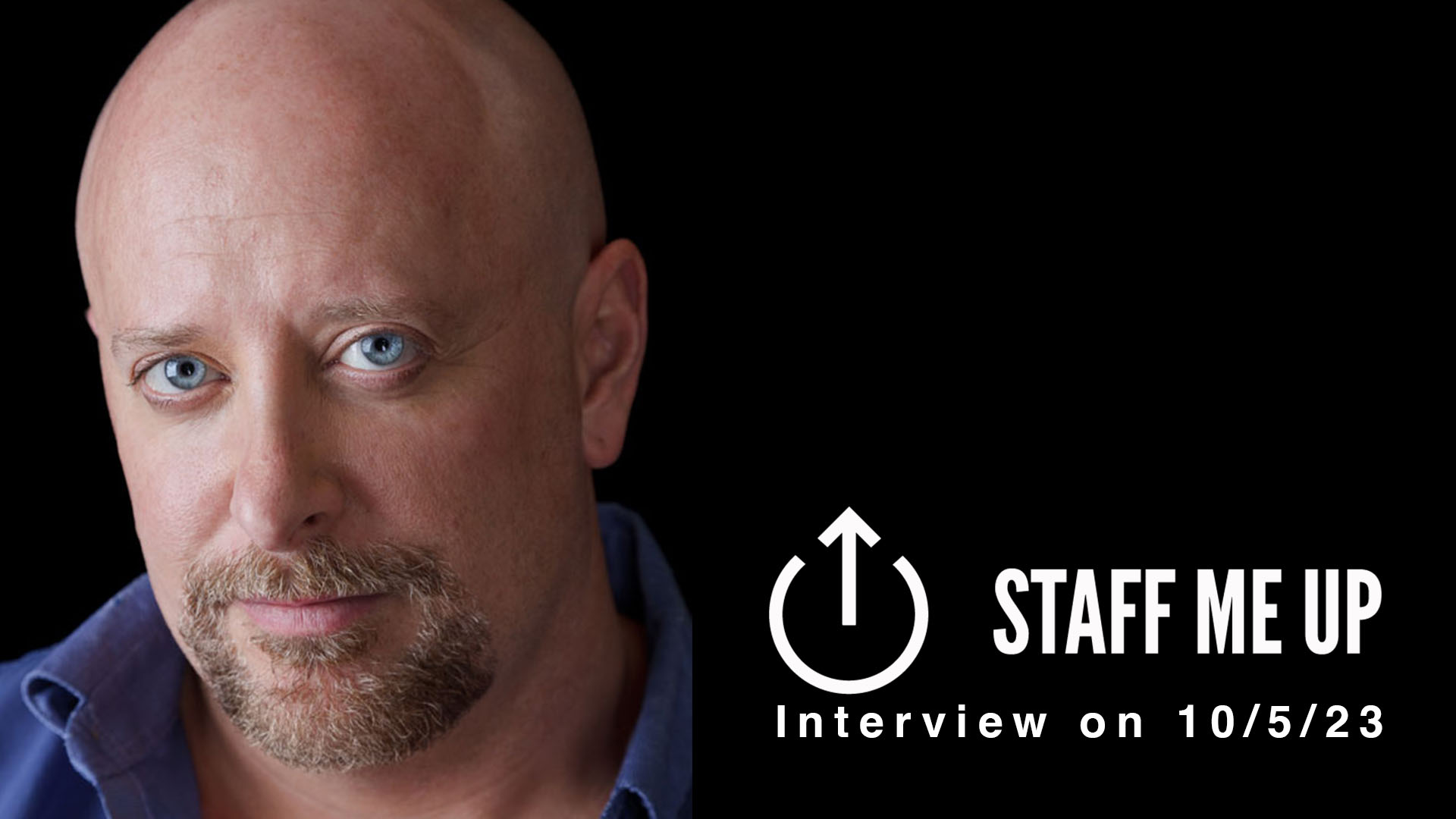I book a lot of work thru Staff Me Up website. They recently asked to interview with me on how I use the site, why I think I’m so successful at finding work, etc. For the full online interview, click here.
My Profile on Staff Me Up
https://staffmeup.com/profile/chrmedia
My Profile on IMDB
https://www.imdb.com/name/nm1193155/
Below is copy/paste of the article.
Meet Chris Rogers, a versatile Digital Imaging Technicial (DIT) and media manager based in Louisville, Kentucky. With a diverse portfolio spanning various projects, Chris has found a winning formula for securing coveted opportunities and much of his success can be attributed to his strategic use of Staff Me Up. Chris shares insights into his journey, revealing how he consistently lands gigs through the platform and offers valuable tips for aspiring professionals in the industry.
How did Staff Me Up help you land some jobs in the industry?
I think it’s a great service, what Staff Me Up offers. I think it’s very smart and helpful. The way I look at it, yeah, you do have to pay for a membership. You can do the free one to start off to see if you like it, but membership is paid off after booking a job. I mean, if you even book one job, it paid for itself. This is how I get, I’d say, probably 70% of my work, is through Staff Me Up.
You do mostly DIT work, correct?
Yes. I started as an editor and motion graphics designer, but I didn’t like the stress that was involved, so I kind of took a step back. I usually end up being the resident computer geek for everybody on-set. I love having one foot in post-production and one foot on the set. A lot of times I’m the conduit between the DP or production or whatever to Post. It makes you a more valuable asset.
When did you start using Staff Me Up?
Maybe three years or so ago. The promotion of your résumé was a worthwhile added cost to me. If you even book one job, you’ve paid for your membership for the entire year. Then you submit for all the other jobs and profit, is the way I look at it. But you have to flesh out your profile. Have a bright, shiny, happy photo up there—hopefully you, on-set, doing whatever it is that you do.
I have a photo of me at a desk on a set and I’ve got all my gear and all the hard drives and everything all around me and I’m smiling at the camera. I look at it this way, when someone is looking at all the candidates, they’re asking, “Do I want to work with this person if I’m going to be on-set with them for 10, 12, 14 hours a day?” Then going through, keeping your résumé up to date. I change mine practically every month.
How long is your résumé?
One page. I have the category head and then the name of the project, and the type of project, like if it’s a feature or a commercial. Then I list my training and education. I also have a website and every job gets its own page on the site, so someone can look that up as a more detailed portfolio. I take backstage photos and I have links to the director and the production company and what gear was used so that then after every shoot I put it all together in a gallery.
I always have pictures of my office and then my AC because he is my primary contact as a DIT. I have the basic cover letter that’s like the generic one that has links to my most difficult shoot or problems where I overcame, and then I personalize it depending on the job I’m applying to. Another good tip is to mention whether or not you have a valid driver’s license or passport—depending on the production they’ll likely ask. It shows that you read the posting and that you [pay] attention to detail.
What is a favorite job you landed from Staff Me Up?
It was for a short film called They Rescue Horses, Don’t They? They actually shot that in Upstate New York. I wouldn’t normally travel that far, but I have so many friends up in the city and it was a really cool project [that] was fun to be on.
Do you send a follow-up or thank-you email post-interview?
My philosophy is to email them a couple of days later. I never ask why I wasn’t chosen if I find out I’m not hired for a project. Instead, I phrase it as, “If it doesn’t work out for this job, please keep me in mind for the next time you need a DIT in Louisville, Kentucky or wherever.” I feel like a lot of people don’t do that. Some of these things sound basic, but they go a long way.
